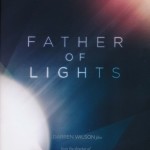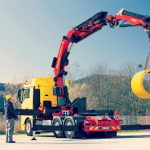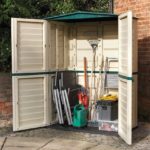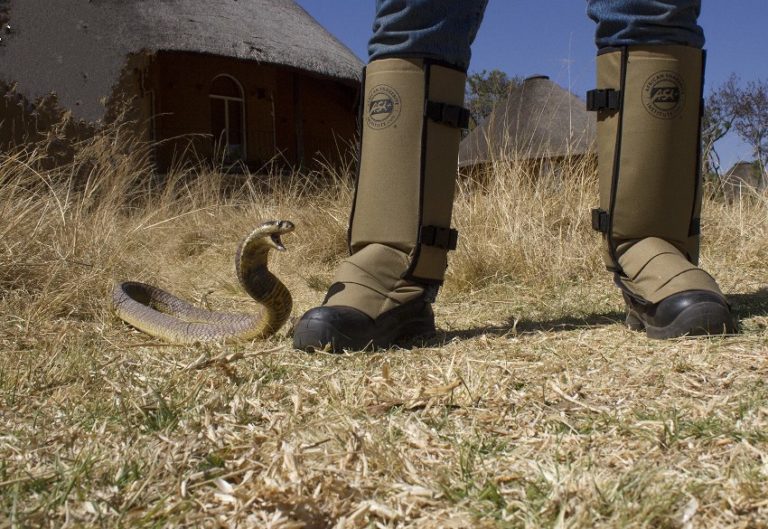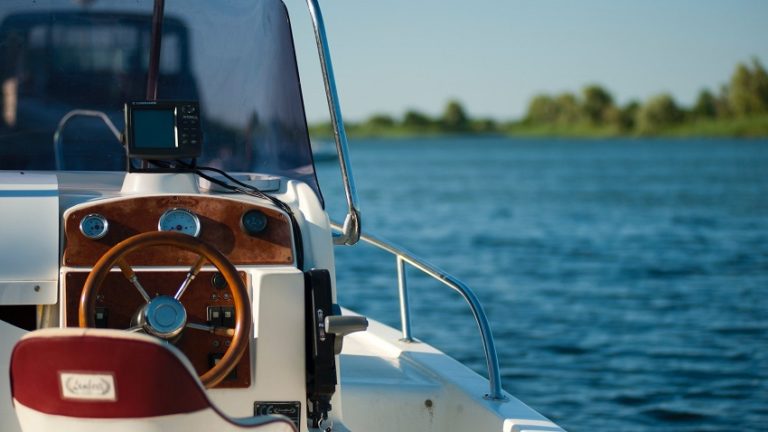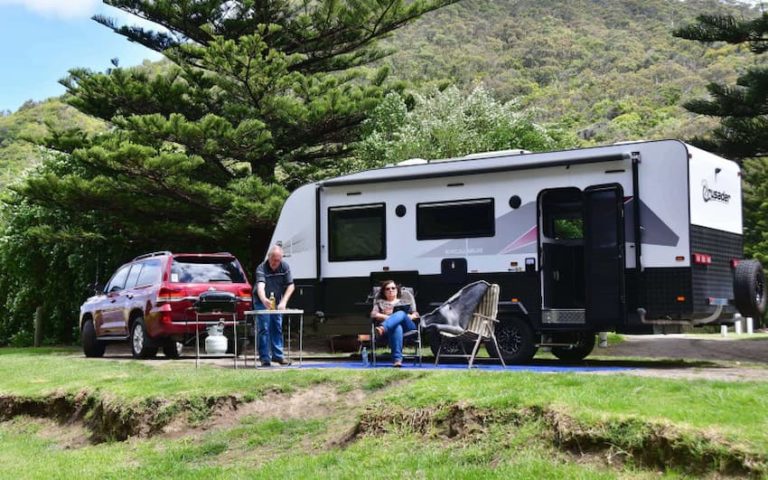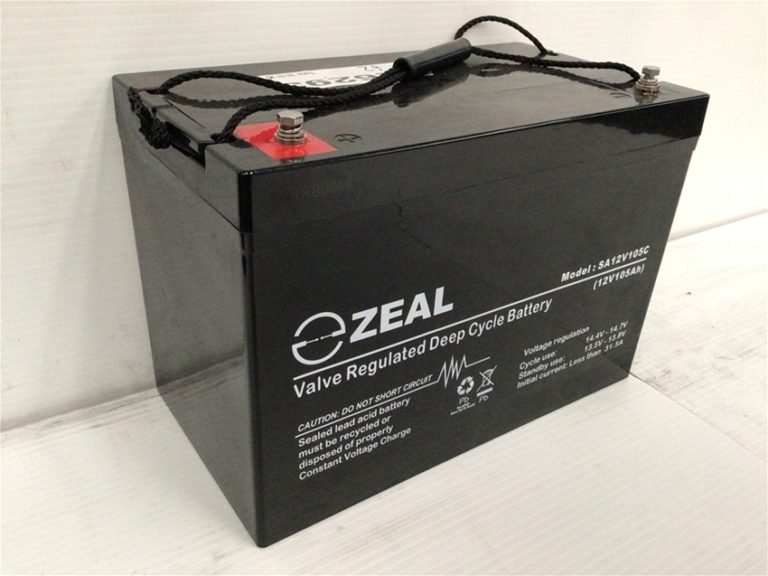There’s a lot to look forward to with RV ownership and camping – from the beautiful views to the fresh air, it’s a wonderful way to create lasting memories. You can move around the country, explore new places and meet people who share your love of the outdoors.
As much as you may enjoy the comforts of your RV, there’s a downside to all that exploration as it comes with its fair share of challenges. Of course, you have to pack all your camping essentials for your visit to Mother Nature, like cooking supplies, sleeping and camping gear, safety equipment and more. But there’s one thing that can’t be overlooked and that is the quality of the water.
Should You Use a Water Filter on Your RV?
Inexperienced campers may be tempted to think that the regular variety is safe and doesn’t require additional filtering, but that’s not necessarily the case. Tap water from home is usually safe to drink, but when it comes to camping, you’re often in areas where that kind of source isn’t as clean or pure.
It often contains bacteria, viruses and other impurities that can cause health issues if consumed. To ensure your drinking water is safe, it’s wise to install RV water filters for your trip to eliminate the contaminants that could be lurking in the water supply, It’s a safety measure that can prevent you from getting sick.

How to Choose a Water Filter
Naturally, you don’t want to just jump on any water filter without doing the proper research. Some models have greater filtering capabilities than others while some are more suitable for larger RVs. You need to look into the following aspects to ensure you’re getting a good purchase:
Size and Filtering Capabilities
The overall filtering capabilities of caravan water filters are measured in the size of the particles they can trap. This is measured in microns, and the smaller the number, the better. This means that a device with a rating of 5 microns can trap particles as small as 5 microns and larger, while one with 1 micron can trap anything bigger than that size.
The size of the device itself can also play a role in how effective it is. It should be big enough to hold the cartridge, but not too big either. If you have a large RV, then you may need something larger than a standard unit.
NSF Class
The National Sanitation Foundation (NSF) has several classifications based on the types of contaminants the caravan water filter can trap. Class I devices are designed to remove sediment and large particles while Class II is designed for industrial applications such as removing heavy metal contaminants.

At the end of the chain we have Class III, which is designed to remove bacteria, viruses and other organisms. This is the most in-depth type of filter and is the most effective at removing potential contaminants.
Cartridge Lifespan
The cartridge is the part of the filter that actually does the filtering and it looks like a cylinder with small pores. Over time, these pores will become clogged with particles and need to be replaced. This is why you should check the lifespan of the cartridge before buying, as some models can last for up to six months while others may only last for a few weeks or even days.
Flow Rate
This refers to how fast water can pass through the filter and is usually measured in litres per minute (L/min). The math here is simple – the higher the flow rate, the more water can be filtered in a shorter amount of time.
If you need something that can filter large amounts of water quickly, then you should look for a model with a higher flow rate. This is especially important if you have multiple people in your RV who need to use the same filter for daily activities such as showering and cooking.

Materials
What the device is made of can make a big difference when it comes to durability and performance. Look for models that are made from stainless steel or plastic which can withstand the elements better than other materials.
It’s important to note that some materials can cause a funky taste or smell in the water, so make sure you look into this before purchasing. This includes materials such as copper, brass or lead which are known for causing issues with the inherent characteristics of the liquid.
How Often Should You Change Your RV Water Filter?
The frequency of replacement depends on the type of filter you have and how often you use it. Most models of RV water filters should be changed at least once every 6 months, but some may require more frequent replacements. It’s best to check with the manufacturer for recommended timescales.
If you use your device often and/or you notice a decrease in water pressure or taste, then it’s probably time to replace it. It’s also important to note that some RV filters will begin to lose their effectiveness after a certain amount of time, even if they have not been used. The deterioration of the filter can be accelerated by exposure to extreme heat or cold, so make sure you check it periodically even if you are not using it.


